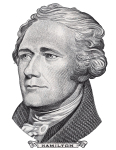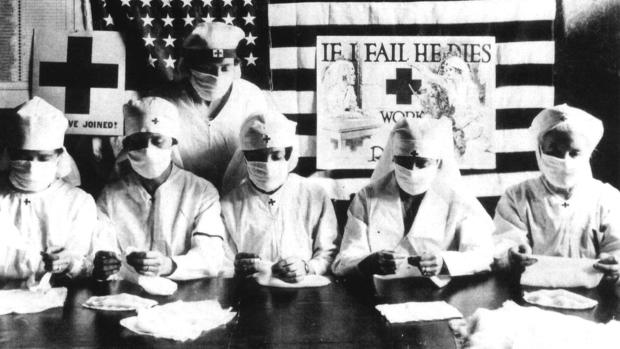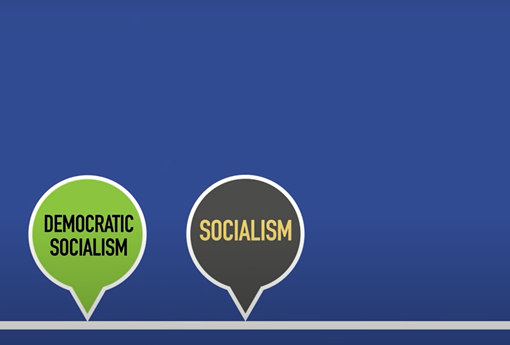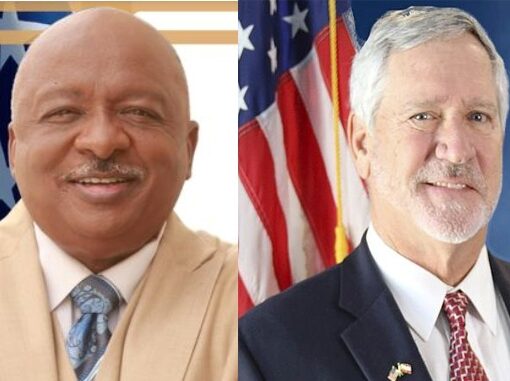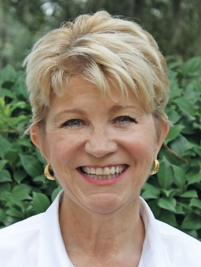Georgia WIN List Webinar April 8, 2020
Primary Voting in a Pandemic
On Wednesday, April 8, Georgia WIN List hosted a Webinar on “Primary Voting in a Pandemic”. We have summarized the Webinar below. The entire Webinar is included at the bottom of this post. Go to Georgia WIN List Facepage to see other posts and Webinars by the organization.
Melita Easters, Executive Director of Georgia WIN List was the moderator. Georgia WIN List supports the election of women to the Georgia General Assembly and statewide office.
Panelist Nikema Williams, State Senator, Chair of the Democratic Party in Georgia, and Coronavirus victim, was asked what the Democratic party was saying about the timing of the up-coming primary. She said that she favored holding the election on May 19, rather than a postponement until June. What was key, in her opinion, was access to vote by mail. The Secretary of State has mailed requests for absentee ballots to all registered voters. In other states, absentee voting has increased dramatically. She said that the Secretary of State must provide adequate resources so that the ballots can be processed successfully.
Ms. Wiliams said the ballot is very easy to fill out. One can mail it in or take a photo of it and email it in. She reminded viewers that these are state primaries, not a national election. Importantly, it is election day for Judicial elections. She also said that state law requires observers to be present when ballots are counted.
Ms. Williams was asked about the regular session of the legislature. She said that no one knows what is going to happen. She said that she would be very vigilant in fighting any proposal that would impeded the ability of voters to exercise their right to vote.
Panelist Andrea Young, Executive Director of the ACLU, was asked about the Supreme Court’s decision to refuse to extend a deadline for absentee ballots in Tuesday’s (April 7, 2020) Wisconsin elections. She said that it was consistent with conservative positions on all voting rights matters taken up by the present Court. The result in Wisconsin was chaos. In Milwaukee, the number of polling places was significantly reduced, and voters had to stand for hours in lines, despite the social distancing guidelines, to be able to cast their ballots. Ms. Young said that the ACLU was not looking to the Supreme Court for rescue in regard to the Georgia primary. Rather, they have filed a suit to require Georgia to pay for postage on absentee ballots. They are also focusing on public education…what is at stake in the upcoming elections. They will encourage African American voters, who typically prefer to vote in person, to vote by mail. They will continue to aid voters dealing with the signature match issue, just as they did in the 2018 elections.
Panelist Dr. Michelle Au, anesthesiologist and candidate for Georgia state senator, was asked about her views as a doctor on the Coronavirus pandemic. She said that testing has been woefully inadequate, and early communication suggesting that the virus mostly affected older people was a disaster. It delayed moving quickly to shelter-in-place guidelines. She said that the government has failed to anticipate needs; it is only reacting to them.
Panelist Dr. Rebecca Mitchell, epidemiologist and candidate for Georgia state house, was asked about her reaction to the pandemic and about health issues relating to the Georgia primaries. She also said that messaging was really off. It really suggested that the Coronavirus issue was not that serious. She also said that she had problems with some of the models that were being used to forecast the virus. She said that the models failed to take into consideration that the virus does not stay in one place. She said that voting in person was certainly much riskier for all concerned than voting by mail.
Panelist Sara Tindall Ghazal, former Democratic Party of Georgia voter protection attorney and candidate for Georgia state house, was asked about risks to poll workers. She said that the average age of poll workers was 70 and more than 10,000 poll workers are needed in an election. That is a huge number of vulnerable people being exposed. Processing a large number of paper ballots also puts pressure on counties. The Secretary of State must provide additional resources at the county level. Fortunately, Georgia has early voting. If one is going to vote in person, the least risky strategy is to vote early when there are no lines with an absentee ballot in hand to prove you are a valid voter.
